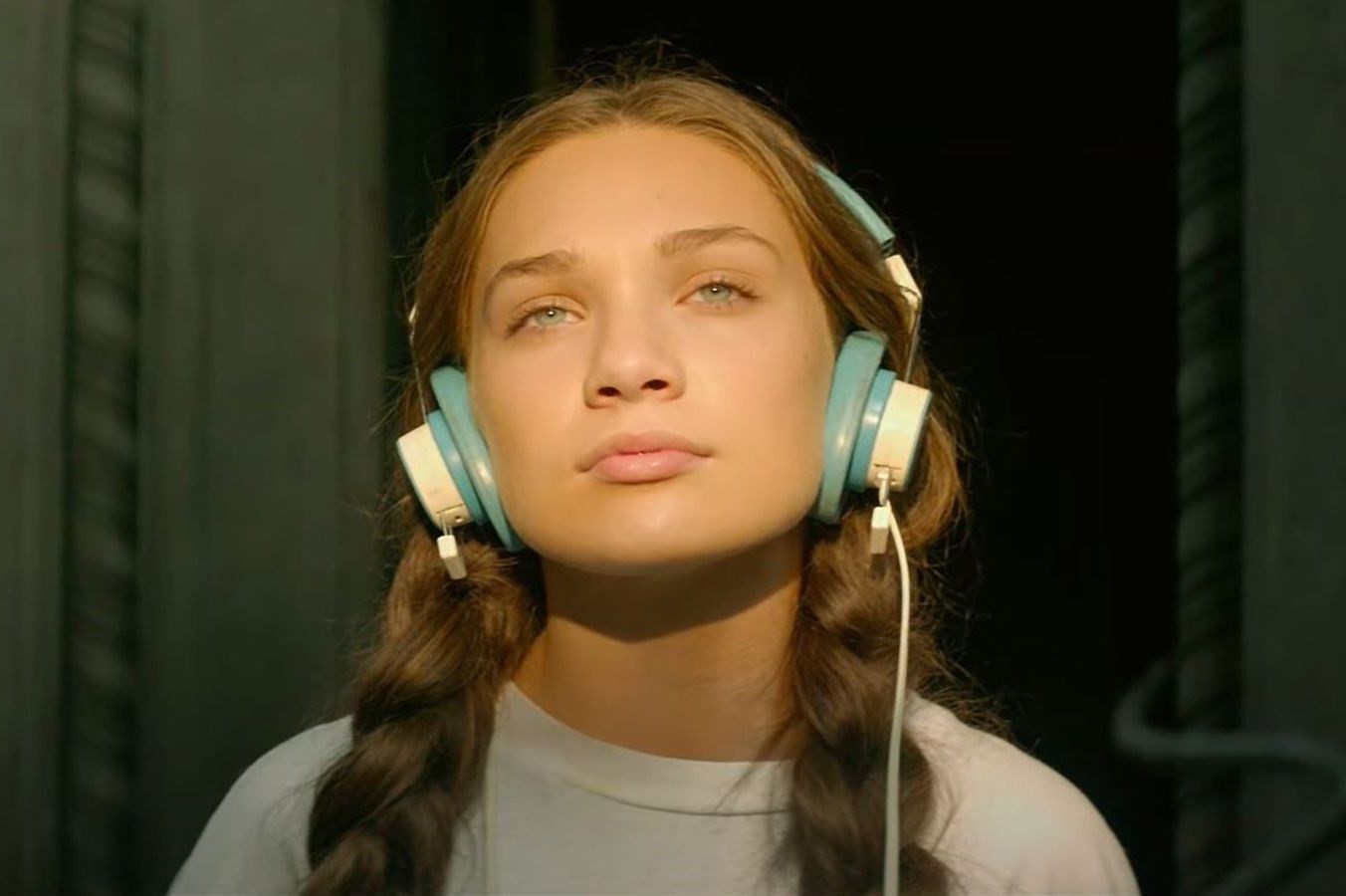The trailer for Sia’s upcoming film “Music” dropped last week. The film depicts a nonverbal autistic young woman, based on one of Sia’s close friends. The film is packed with stars like Kate Hudson, Leslie Odom Jr. and Maddy Ziegler, who plays the lead. However, the public has been more focused on the star the film is lacking — an authentic autistic lead. Sia cast a neurotypical actress to play a neurodivergent character, which is a common phenomenon in media representing disabled people.
The trailer quickly faced scrutiny. Sia responded to these criticisms by explaining that she completed three years of research for the movie and that it was based on one of her best friends. Sia explained that the movie originally cast an autistic woman as the lead, but that the filming environment was too difficult for the actress. According to Sia, casting this autistic person would have been “cruel,” and so she went with Ziegler instead.
Sia engaged in back and forth discourse on Twitter before tweeting: “Grrrrrrrrrr. F—ity f— why don’t you watch my film before you judge it? FURY.”
Her defensive language and demeanor following the critique highlight issues with neurotypical people telling the stories of the neurodivergent community.
Sia Did Not Try Hard Enough To Cast An Autistic Actress
Regardless of whether or not Sia had originally attempted to cast an autistic actress, fans were not satisfied. Fans on Twitter and TikTok reacted to Sia’s excuses by explaining that Sia has the resources to adjust the environment of her own movie set and that there are plenty of autistic actresses who could be a good fit for the role.
“Sia, you have millions of dollars. Change the environment!!!” Paige Layle, an autistic creator, pleaded in her TikTok.
When making her explanations, it seems that Sia did not consider the potential impact of her words, especially considering her large fan base. By explaining her casting decision by saying that the environment of the movie was too overwhelming of a sensory environment for an autistic actress, Sia implies that maybe anyone who has that level of sensitivity to their environment should not go into acting. She runs the dangerous risk of potentially dissuading those who identify with the character of her movie from a career in acting if they hear that it will be too difficult to cast them. Sia’s words carry power because of her celebrity status. She can affect a young person’s dreams, so she should have been more careful.
The Disabled Community Has Historically Been Misrepresented In The Media
This issue with “Music” exemplifies a much greater issue with a long history in Hollywood: Filmmakers create stories of representation that do not come from the voices and people that they intend to represent. In most TV shows and movies, disabled people have been played by neurotypical rather than neurodivergent actors. Recent examples include Sam in Netflix’s “Atypical,” played by neurotypical actor Keir Gilchrist, as well as Max Braverman, the son with Asperger’s syndrome in NBC’s “Parenthood,” who is played by Max Burkholder. People often criticize these roles for showing stereotypes of autism, yet others applaud the roles for showing the experiences of autistic people and their family members.
While autism representation is very important, ensuring that you get the right stories, backed by people who have truly lived these experiences, should take priority. Sia defended her actions by saying that she was backed by three years of research with the autistic community. Upon greater inspection, some people realized that the organization she was referring to was Autism Speaks, resulting in an even greater negative reaction from the public.
“By the way Autism Speaks are a hate group invested 100% in eugenics to try and exterminate autistic people. If you support them, either reconsider or block me,” user @OccultTherapist tweeted.
Autism Speaks is well-known in the disabled community as being an organization that seeks to find a cure for autism, defining it as a disease rather than as a difference and therefore embracing the medical model of autism. They put forward ideas that support the belief that autistic behaviors ought to be corrected, forcing autistic people to adjust for neurotypical people rather than visa versa.
Autism Speaks has since denied their involvement in the film’s production and casting. Citing this organization (whether truthful or not) demonstrates Sia’s glaring lack of knowledge of the autistic community and her ableist mindset.
Final Takeaways
For some people, it may be important and validating to see the difficulties of having a child, sibling or friend with autism displayed on the screen. However, the negatives shouldn’t be the main focus of the story. It would be great if we could see representation that does not emphasize the negatives of having a disability and instead celebrates the beauty of disabled people. The trailer for “Music” promises a movie of joy and laughter, but without an authentic lead, it runs the risk of relying on and perpetuating stereotypes.
















